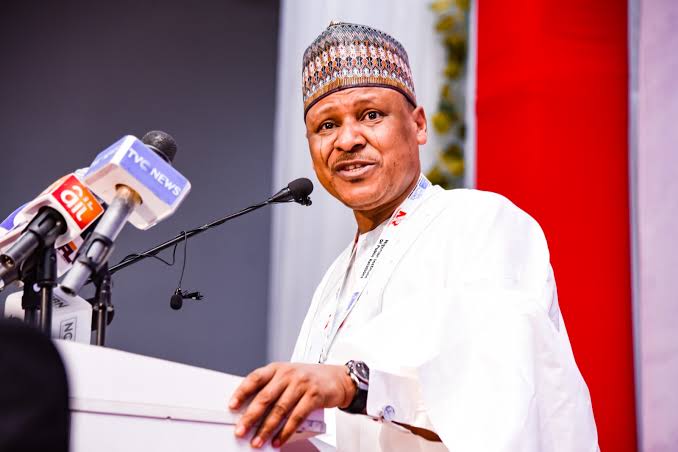On Tuesday, the Minister of Information and National Orientation, Mohammed Idris, emphasized the harmful effects of misinformation and fake news, comparing their impact to that of terrorism.
He praised media professionals for their role in the ongoing counter-terrorism efforts and urged them to avoid sensationalism in their reporting.
 Advertorial
Advertorial
Speaking at the opening of a two-day training workshop titled “Effective Reporting Towards Strengthening Alternatives to Terrorist Ideologies,” held at the Office of the National Security Adviser (NSA), Idris cautioned journalists against spreading misinformation.
“Sensational reporting can inadvertently glorify terrorist acts and spread fear,” Idris stated.
“Misinformation and fake news can be as damaging as the terrorist acts themselves. You must avoid this at all costs.”
 Advertorial
Advertorial
Idris highlighted the ideological nature of terrorism, noting that extremist groups exploit vulnerabilities, spread fear, and propagate messages that falsely present them as fighting for a social cause.
He stressed the importance of providing positive alternatives to counter these narratives.
“To counter this, we must offer compelling, positive alternatives that resonate with the same audiences targeted by terrorists. Therefore, your reporting plays a pivotal role in this endeavor,” he said.
 Advertorial
Advertorial
The minister urged the media to project the successful initiatives and programs of the National Counter-Terrorism Centre (NCTC) and the Office of the National Security Adviser (ONSA) that focus on counter-radicalization and the rehabilitation and reintegration of repentant terrorists into the community.
He called on defense correspondents to collaborate with security experts, sociologists, psychologists, and community leaders to offer a multi-faceted perspective on terrorism and its alternatives.
“Use data and research to back your stories, thereby enhancing credibility and depth,” Idris added.

















